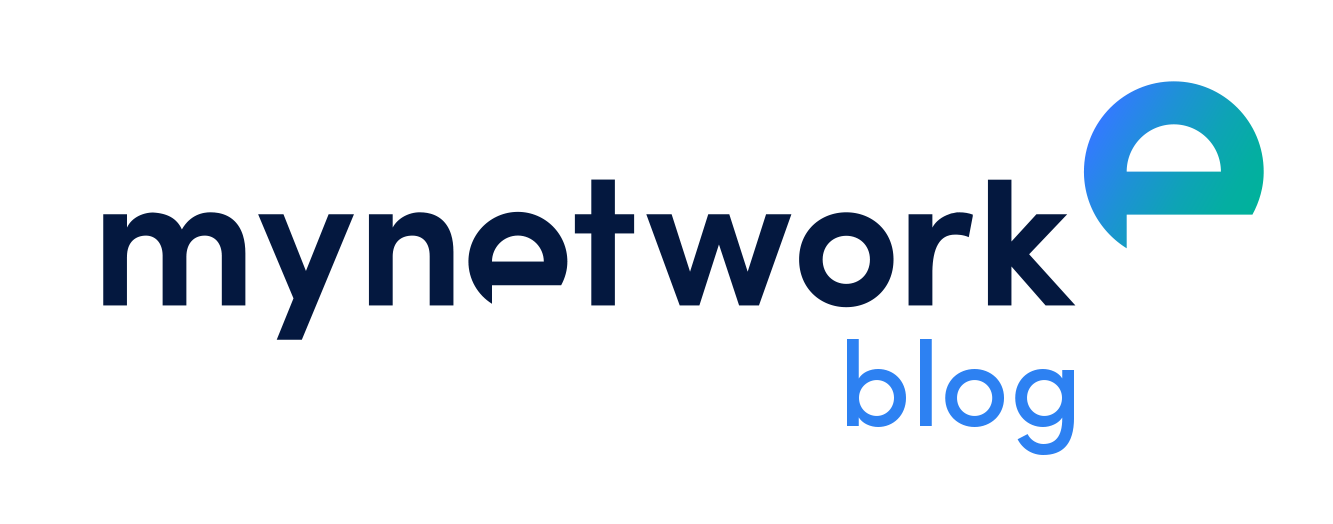Zorganizuj kick-off meeting i odmień swój projekt
Z artykułu dowiesz się:
- czym jest kick-off meeting
- jakie przynosi korzyści
- czego powinien dotyczyć
- jak go zorganizować
- co dalej

Jakie korzyści może przynieść Twojej firmie spotkanie startowe?
Kick-off meeting, czyli spotkanie otwierające nowy projekt, nie jest magicznym rozwiązaniem, które sprawi, że szkolenie e-learningowe stanie się najbardziej pożądanym produktem stulecia i do którego będą ustawiać się kolejki rozemocjonowanych kursantów. Może sprawić natomiast, że powstające szkolenie stanie się solidnym kursem, odpowiadającym na rzeczywiste problemy i trudności, z jakimi często mierzą się użytkownicy.
Rozpocznijmy od rozmowy…
To rozmowa jest sercem kick-off meetingu. Do jej zorganizowania nie potrzeba wielu środków – wystarczy telefon, obecność klienta, dydaktyka medialnego, project managera oraz (często) grafika, czyli wszystkich osób bezpośrednio zaangażowanych w projekt. To wspólne spotkanie umożliwia spojrzenie na dany temat pod wieloma kątami, gdyż każdy z uczestników koncentruje się na swoim zadaniu do wykonania i z tej perspektywy patrzy na powstające szkolenie. Bez żadnej wątpliwości zaletą kick-offu jest też możliwość poznania się nawzajem. Jeżeli znajdujesz się po stronie klienta – jasne stanie się dla Ciebie, kto jest odpowiedzialny za dane zadanie i do kogo warto kierować dane uwagi, aby były one naniesione jak najszybciej. Będziesz miał także poczucie, że przez cały czas trwania projektu opiekuje się Tobą konkretna grupa pracowników.
Zanim jednak padnie pierwsze słowo rozpoczynające spotkanie, wśród zebranych osób wyczuwalne powinno być… pozytywne nastawienie! To obowiązkowy składnik tej mikstury, która odpowiednio przyrządzona da znakomite wyniki. Poczujmy się jak pionierzy i popłyńmy drewnianą fregatą w stronę nieodkrytego lądu…

Porozmawiajmy o celach i powiedzmy „sprawdzam”!
Gdy między uczestnikami spotkania wyczuwalne są pozytywne wibracje, to znaczy, że czas na rozpoczęcie rozmowy.
Zespół projektowy charakteryzuje chęć jak najlepszego poznania projektu i zrozumienie jego tła, a zwłaszcza powodów powstania.
Od strony zespołu płyną więc takie pytania, jak: jaki jest cel szkolenia? jaki problem szkolenie ma rozwiązać? do kogo jest skierowane (grupa docelowa)? Często pojawiają się także pytania związane z oczekiwaniami co do interakcji, warstwy graficznej czy sposobów przedstawienia informacji (np. w formie pigułek wiedzy). Nie dziw się dociekliwości – zaprocentuje ona na dalszych etapach powstającego szkolenia.
Jeżeli kick-off odbywa się już po podpisaniu umowy – istotne jest, aby zweryfikować założenia oferty. Być może wizja dydaktyka medialnego była świetna, ale niekoniecznie wpisała się w wymagania klienta lub też od tego czasu zmienił się zakres obowiązujących treści. To dobra okazja, aby porozmawiać o oczekiwaniach i raz na zawsze porzucić niebezpieczne „domyślanie się”, które zawsze przynosi więcej szkody niż pożytku i kończy się setkami komentarzy w powstającym już scenariuszu. Powiedzmy „sprawdzam” wzajemnym oczekiwaniom i jasno określmy zasady powstania projektu oraz wzajemnej współpracy.
Odróżnijmy ziarna od plew
Na kick-off meetingu warto poruszyć także temat materiałów, na których oparte ma zostać szkolenie, gdyż są one prawdziwym crème de la crème powstającego projektu. Zazwyczaj zostają one przygotowane przez eksperta z danej dziedziny, który często przygotowuje owe materiały jak najlepiej umie, czyli z prawdziwą dbałością o detale („dodajmy jeszcze kolejny punkt mówiący o wyjątkach od reguły, którą dopiero przedstawiliśmy”). Nierzadko taka polityka kończy się powstaniem rozbudowanej prezentacji power point, która przysłużyłaby się bardziej do stworzenia opisu w jednym z tomów „Encyklopedii PWN” niż rzeczywistego szkolenia.
Krytyczne podejście do materiałów charakteryzuje dydaktyka medialnego. Zapyta on o to, które z informacji są najważniejsze, które można zakwalifikować jako dodatkowe i umieścić w formie pop-upów, a które można zupełnie pominąć. Dopyta także o kwestie dla niego niezrozumiałe czy budzące wątpliwości. Wszystkie te pytania dążą do stworzenia kursu, który przyniesie solidną dawkę przydatnej wiedzy. Istotne z punktu widzenia dydaktyka jest również możliwość opracowania ćwiczeń decyzyjnych obrazujących rzeczywiste sytuacje oraz ćwiczących zachowania. Stąd pojawią się pytania o takie materiały, możliwość kontaktu z osobą, która mogłaby mu pomóc w stworzeniu takich ćwiczeń. Warto to ustalić na kick-offie.

I co dalej po spotkaniu startowym?
Na koniec kick-offu warto zebrać wszystkie najważniejsze informacje oraz podsumować całą rozmowę, aby żaden ważny element nie został pominięty.
W kwestiach spornych – jeszcze raz opowiedzieć o wyniku ustaleń. Poczucie, że „mamy to!” będzie wyznacznikiem dobrze przeprowadzonego spotkania. Przybyliśmy, porozmawialiśmy, a teraz do dzieła! Zobacz, jak my to robimy.



